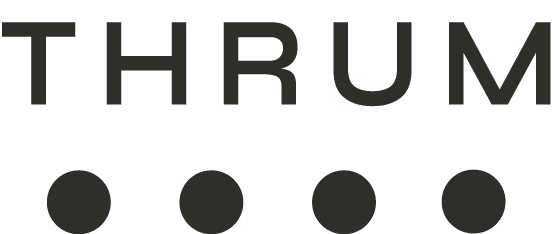How Higher Education Can Embrace AI: A Framework for Responsible Integration

Generative artificial intelligence is transforming how we create content, from images to text to video. Tools like ChatGPT and DALL-E have exploded in popularity, but their adoption in higher education remains fragmented. A new academic framework offers a roadmap for universities to harness AI's potential while maintaining educational integrity.
The Current State: Mixed Reactions Across Academia
Universities are taking vastly different approaches to AI. Some institutions have banned AI tools entirely, fearing academic dishonesty and undermining of the educational process. Others are experimenting with integration, but without clear guidelines or frameworks.
This split response reflects broader uncertainty about AI's role in education. While AI has the potential to enhance productivity and transform learning, concerns about transparency, responsibility, and skill development remain paramount.
Key Skills for an AI-Driven Future
The research reveals that AI impacts all job levels, not just lower-skilled positions. Students need new competencies to thrive in an AI-enhanced workplace:
- Prompt Engineering – The ability to craft effective prompts for AI systems like GPT-3 is becoming increasingly valuable
- AI Literacy – Understanding when and where to appropriately use AI tools
- Responsible Implementation – Knowing how to use AI transparently and ethically
A Framework for Academic Integration
The study proposes a comprehensive framework for how educators can systematically integrate AI into their curricula. The approach focuses on two key questions:
- Is AI replacing human workers in this field or enhancing their abilities?
- How can coursework be adapted to mirror real-world AI usage?
The framework emphasizes teaching students to use AI responsibly and transparently, while developing critical thinking skills to discern appropriate AI applications.
Preparing Students for Real-World AI Use
Rather than avoiding AI, the research suggests universities should embrace it strategically. The proposed academic typology looks at AI education from a student perspective, while the educational framework provides specific tools educators can embed into their curricula.
This balanced approach aims to prepare students for an AI-infused workplace while maintaining the educational rigor and critical thinking skills that remain uniquely human.
🔗 Read the full article on ScienceDirect
Stay in Rhythm
Subscribe for insights that resonate • from strategic leadership to AI-fueled growth. The kind of content that makes your work thrum.
More from Thrum
Additional pieces exploring adjacent ideas



